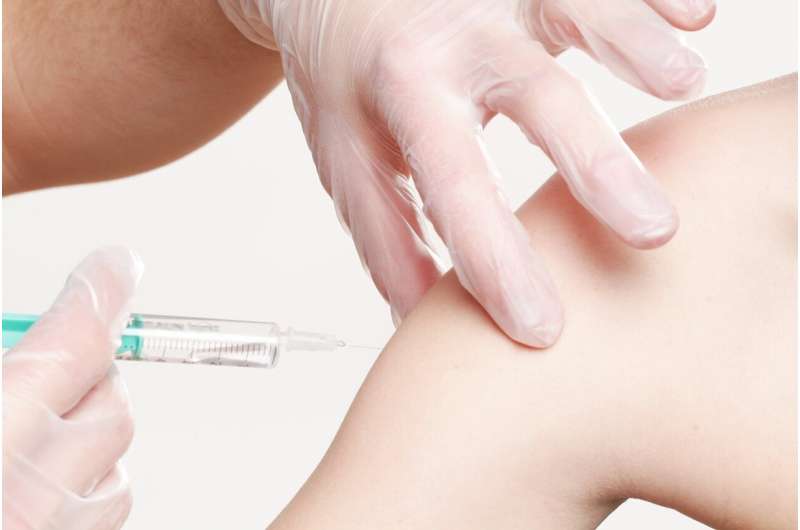
New real-world evidence gathered by the U.S. Centers for Disease Control and Prevention (CDC) shows that COVID-19 vaccines are less effective at protecting against COVID-19-associated hospitalizations in people who are immunocompromised.
In general, immunocompromised individuals are at an increased risk for severe COVID-19 outcomes.
“These findings indicate that while two-doses of mRNA COVID-19 vaccines are beneficial in immunocompromised individuals, they are significantly less protected from severe disease than people with normal immune systems,” said study lead author Peter Embí, M.D., M.S., Regenstrief Institute president and chief executive officer and associate dean for informatics and health services research at the Indiana University School of Medicine. “Since they are less protected after a two-dose series, those who are immunocompromised should receive an additional dose and a booster, take additional precautions like masking when in public, and if they get infected, they should seek treatment with proven therapies that can protect against progression to severe disease and the need for hospitalization.”
The research team gathered data from more than 89,000 hospitalizations across nine states, making this the largest study of its kind evaluating COVID-19 vaccine effectiveness among immunocompromised people. Data analyses showed that mRNA vaccines (manufactured by Pfizer and Moderna) were 90 percent effective at protecting against COVID-related hospitalization in immunocompetent individuals, whereas they were only 77 percent effective in those with suppressed immunity due to a range of health conditions. The differences were similar across age groups. However, the effectiveness varied greatly among immunocompromised subgroups. For example, it was lower in organ or stem cell transplant patients and better in people with rheumatologic or inflammatory disorders.
The data came from the VISION Network, a collaboration between the CDC and seven organizations with integrated medical, laboratory and vaccination records. The network was established to assess the effectiveness of COVID-19 vaccines. In addition to Regenstrief Institute, other members are Columbia University Irving Medical Center, HealthPartners, Intermountain Healthcare, Kaiser Permanente Northern California, Kaiser Permanente Northwest and University of Colorado.
Source: Read Full Article
